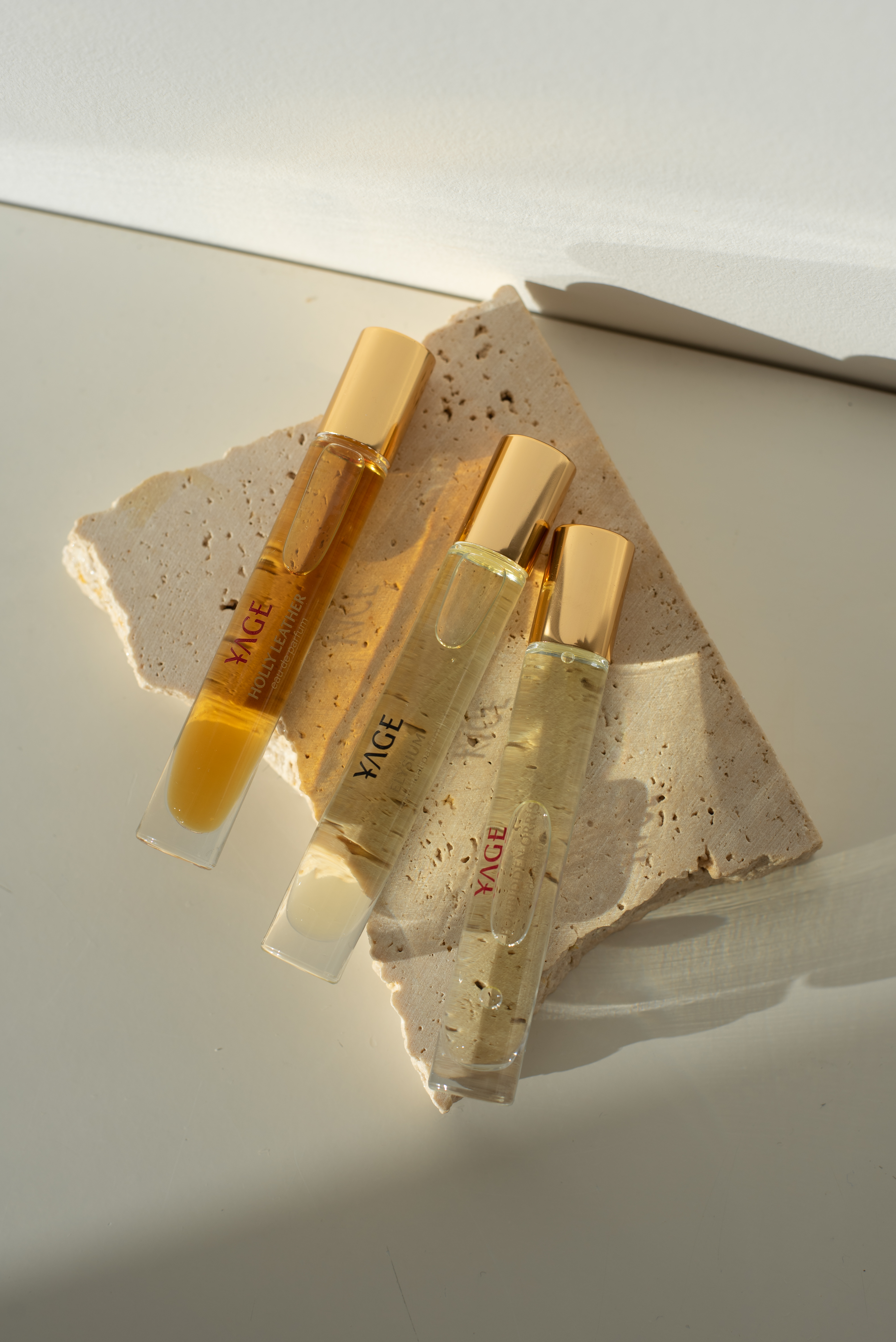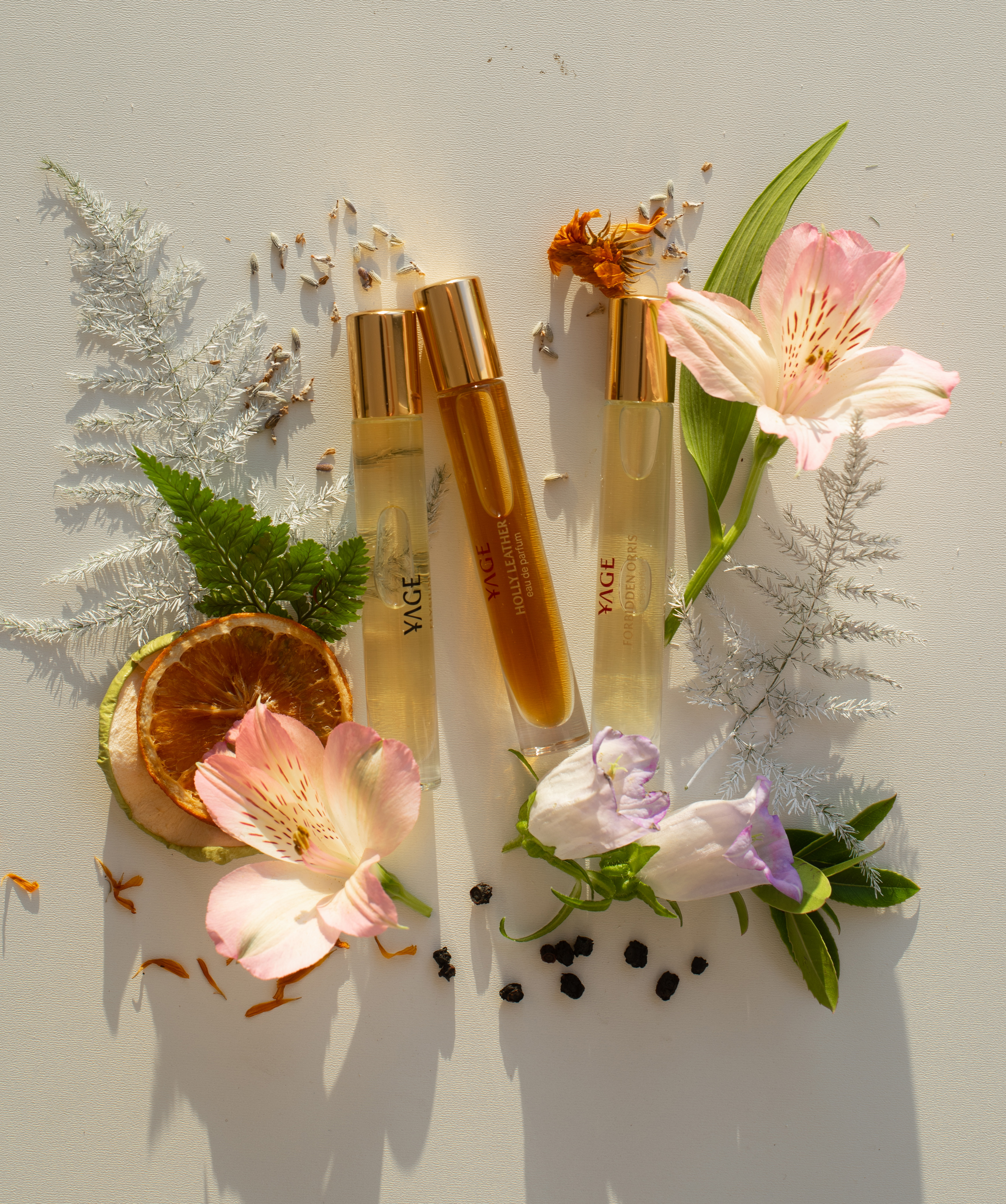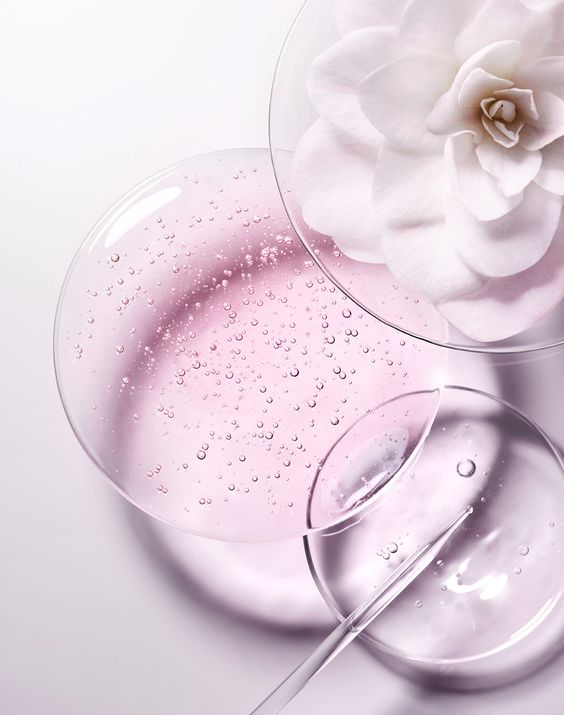
Perfume is as much an accessory as, for example, jewellery or a handbag. They complete our personality and are part of us. They are unique because, thanks to the pH of the skin and its musk, one perfume will always smell different on everyone. However, classic synthetic fragrances come with several risks, such as skin irritation, burning eyes, or headaches. They contain synthetic substances that can irritate the body.
Not everyone is sensitive enough to observe an immediate reaction, but if you prefer natural cosmetics, it is important for you to wear natural materials for example, consider giving natural fragrances a preference as well. The argument that there is little choice or they are not as comprehensive is no longer valid today. More and more fragrances are appearing on the natural perfume market that are rich in character and longer lasting. They also contain natural aromas derived from plants, fruits, flowers, herbs and woods. They are not just mere synthetic substitutes. Therefore, their price is usually higher, as the cost of obtaining such ingredients is naturally more expensive.

At Yage, we have dedicated a full year to their development to make sure that we select high quality natural ingredients and that they are durable. But they are not just perfumes, they are meant to induce an aromatherapeutic effect, where they calm you down, give you the necessary harmony, or on the contrary an energetic charge, awakening creativity, femininity, sensuality. Let yourself be embraced by the harmony of the scent of wild plants, herbs, woody notes, citrus and a variety of flowers.
What is the difference between natural and synthetic perfumes and why should we consider switching to natural fragrances?
Ingredients:
Synthetic perfumes: are made from chemicals that may include phthalates, parabens and other synthetic substances. Some of these substances can be potentially harmful to human health.
Natural perfumes: contain only natural essential oils, extracts and other substances derived from plants, flowers and herbs.
Allergic reactions and skin sensitivity:
Synthetic perfumes: often contain substances that can cause allergic reactions or skin irritation. If you are applying a synthetic perfume for the first time, do a topical test, e.g. on the forearm, and observe the skin reaction.
Natural perfumes are suitable for people with sensitive skin and can even help soothe irritated skin due to the presence of natural ingredients such as oils or floral hydrolats.

Impact on the environment:
Synthetic perfumes: made with chemical processes that can have a negative impact on the environment. The production of these substances may involve greenhouse gas emissions and the generation of waste.
Natural perfumes: They are created from natural resources, so they do not put as much of a burden on the ecosystem, and their ingredients are degradable in water or soil.
Fragrance durability:
Synthetic perfumes: Often have a longer shelf life, but this is often due to the use of fixatives, stabilizers and chemicals that are risky for allergy sufferers, eczematics.
Natural perfumes: They have a more subtle scent and their aromatic effect lasts for a shorter time, but if you are looking for an alternative, natural fragrances will be the right choice.

How to preserve natural perfumes
Just like synthetic fragrances, natural ones must be preserved in some way to ensure that the product does not deteriorate and remains in perfect, 100% quality condition throughout its use. Alcohol is most commonly used, in the case of Yage perfumes we use benzyl alcohol. This can be obtained both naturally by distilling the oil, most often from roses, and synthetically from natural raw materials. It is both antibacterial and a carrier of fragrance. Some natural oils such as tea tree, lavender, cypress or rosemary can be added to perfume for their preservative effects. Vitamin E has antioxidant properties and prolongs the shelf life of perfume by protecting the oils from oxidation and deterioration. Filtration and pH adjustment of the resulting perfume also helps in extending its shelf life.
Why choose natural perfumes?
Natural perfumes eliminate the risk of allergic reactions and adverse effects associated with chemicals because they do not contain harsh preservatives, stabilizers, dyes and other substances that are commonly found in synthetic fragrances. They have a lower environmental impact and offer unique and authentic fragrances that cannot be replicated by synthetic alternatives.
